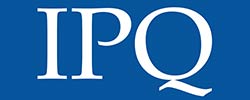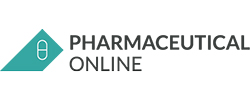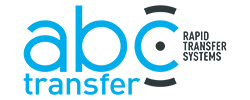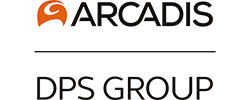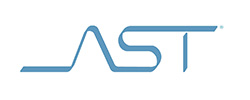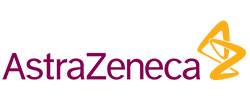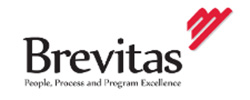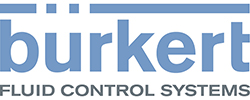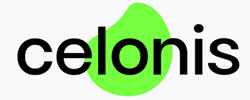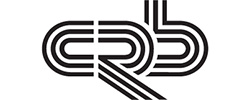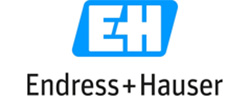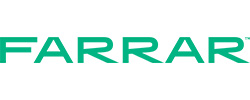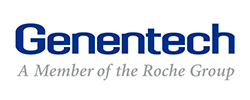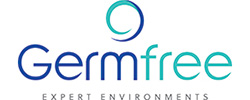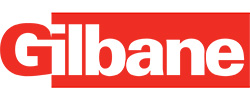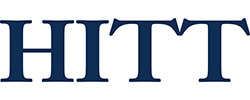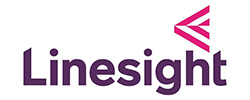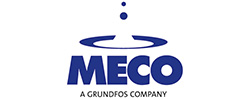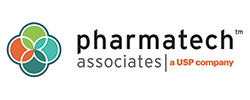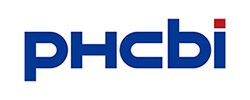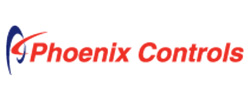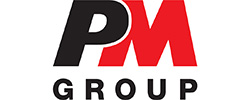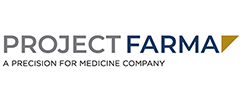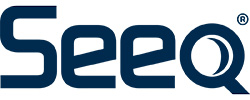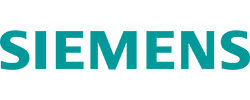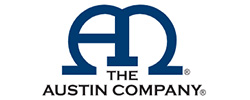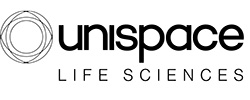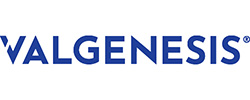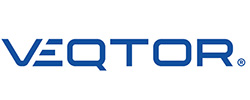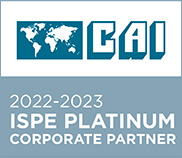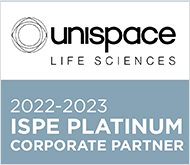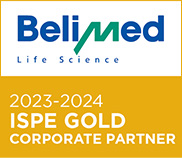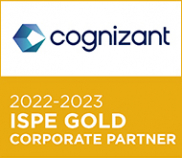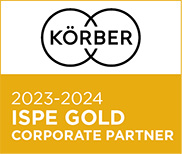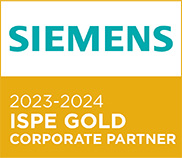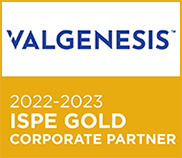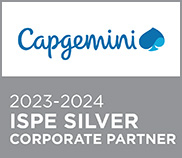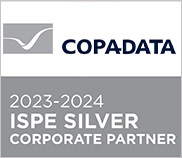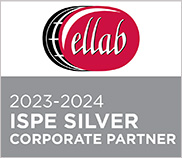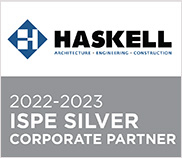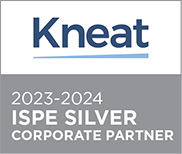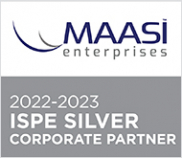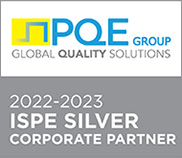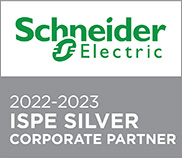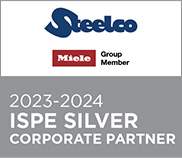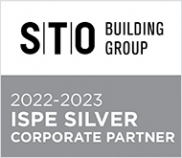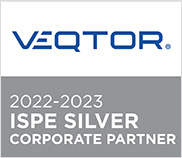
Thank you to all who made the 2023 ISPE Annual Meeting & Expo such a big success!

Thank you to all those who attended the 2023 ISPE Annual Meeting & Expo, and a big thank you to the sponsors for making this conference possible, and the program committee for curating an in-depth and interactive experience for attendees to expand their knowledge in the pharmaceutical manufacturing industry.
Matthew Pearl’s life story, and all the lessons he has learned along the way. Matt’s inspiring journey includes life’s ups and downs with a rare disease called, Fanconi Anemia (FA), enduring a lifesaving bone marrow transplant, and encouraging an older sister who also has FA. FA life lesson #6: Research is the key. We can make a difference together.
Ready, set, go! Thank you to all of the participants in the 14th Annual ISPE 5K Run/Walk! You’ve made this a truly amazing event.
Camaraderie and a shared commitment to making a difference were in full swing at the 2nd Annual ISPE Foundation Golf Tournament at the Wild Horse Golf Club here in Las Vegas! We’ve tee’d off and are having a fantastic time on the course.

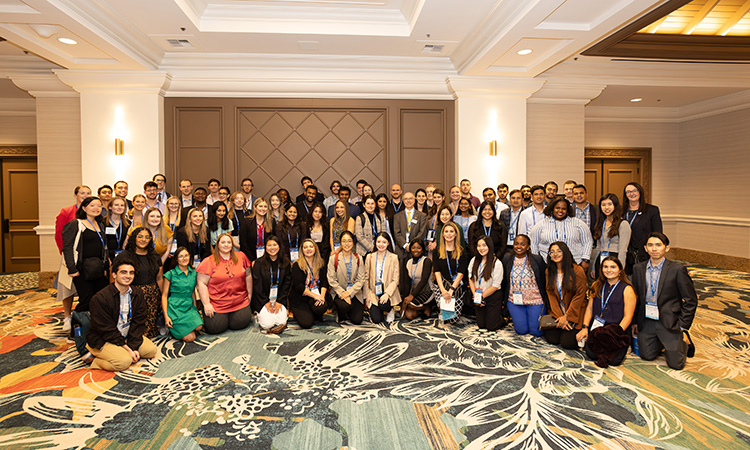

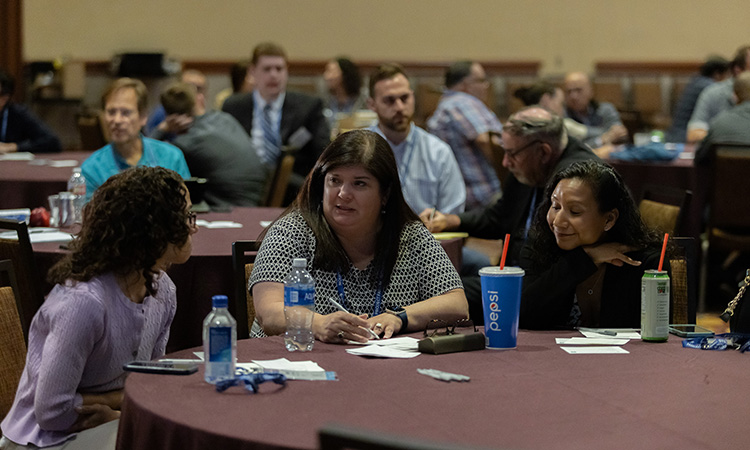
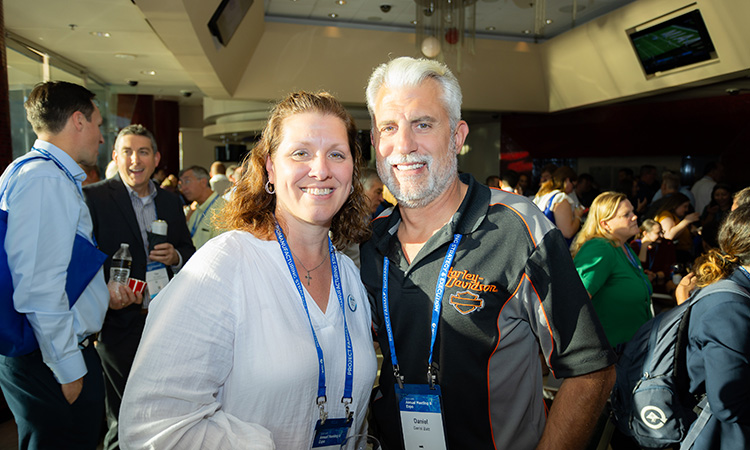
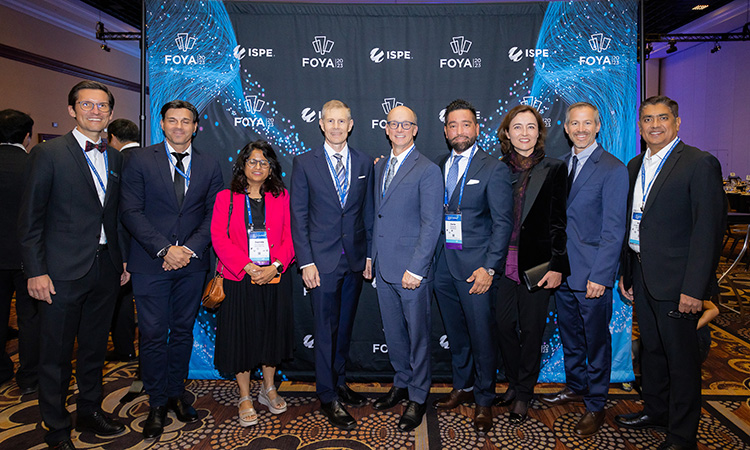
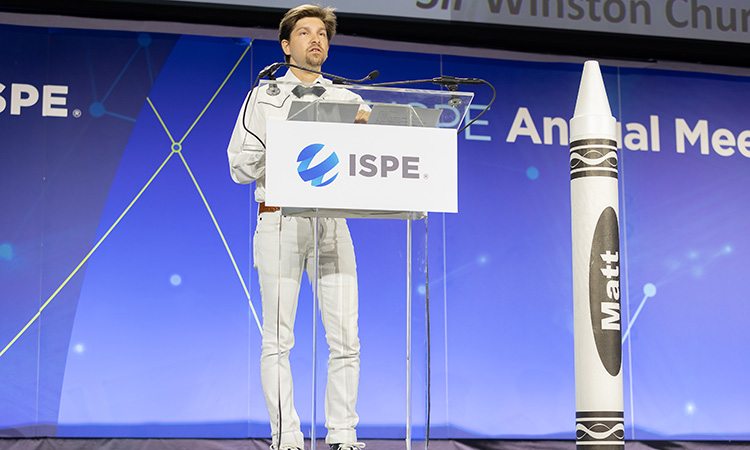
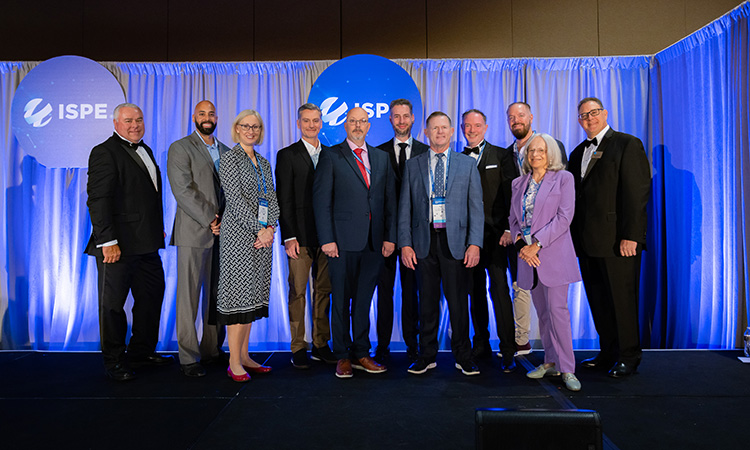
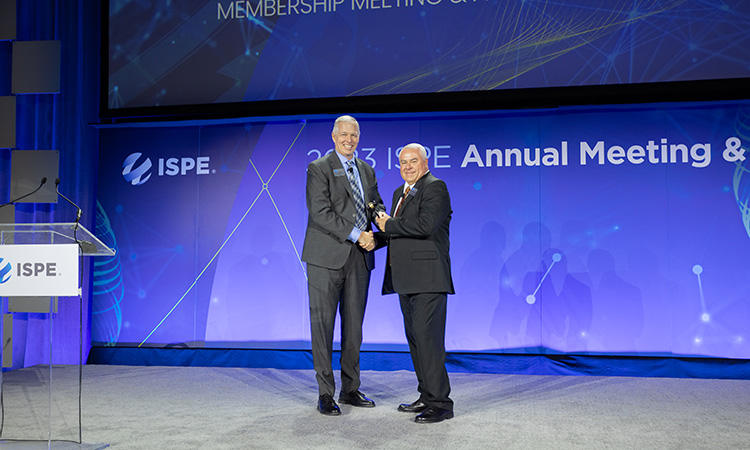
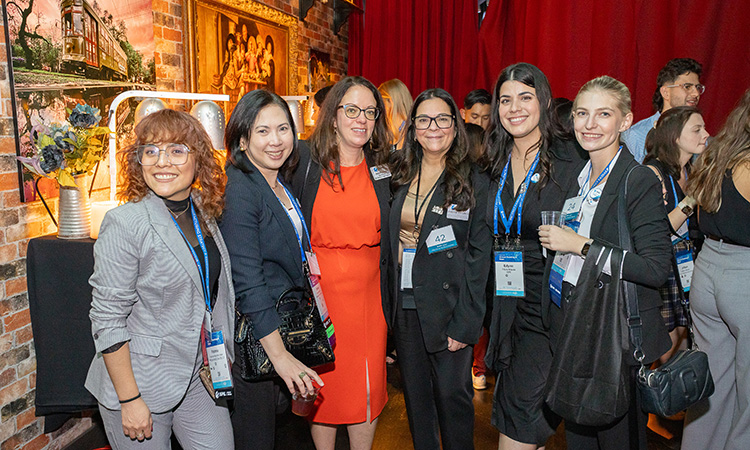
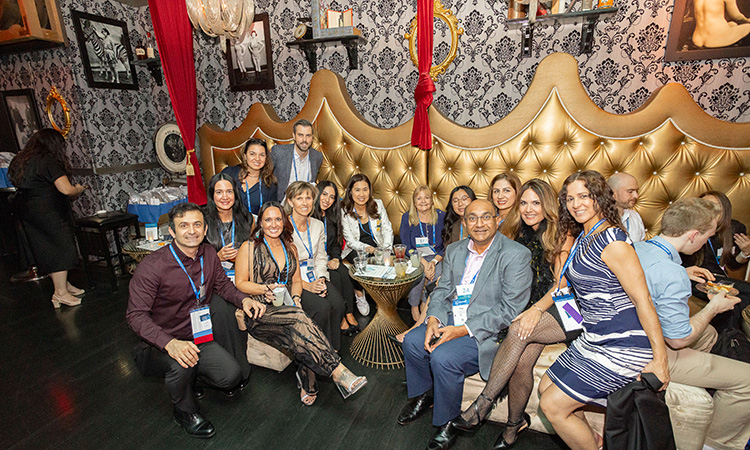
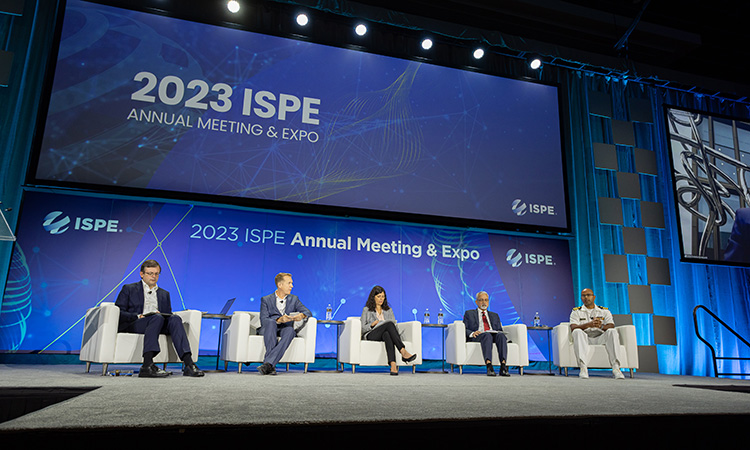
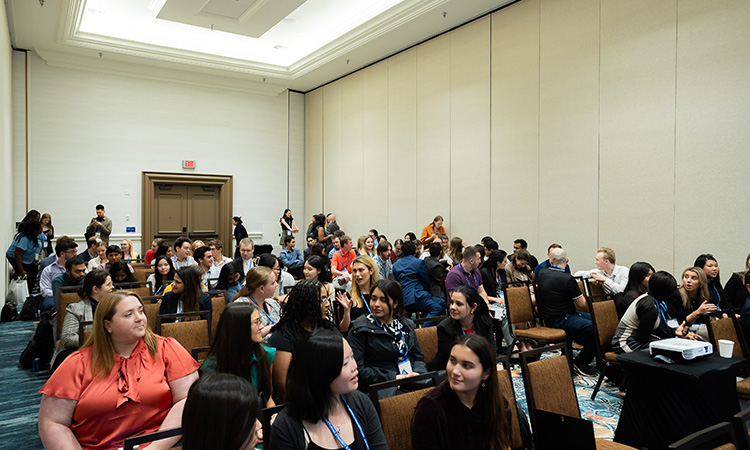
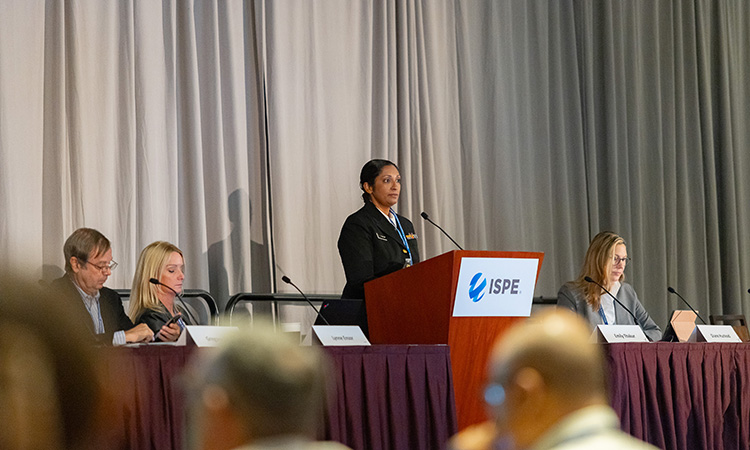
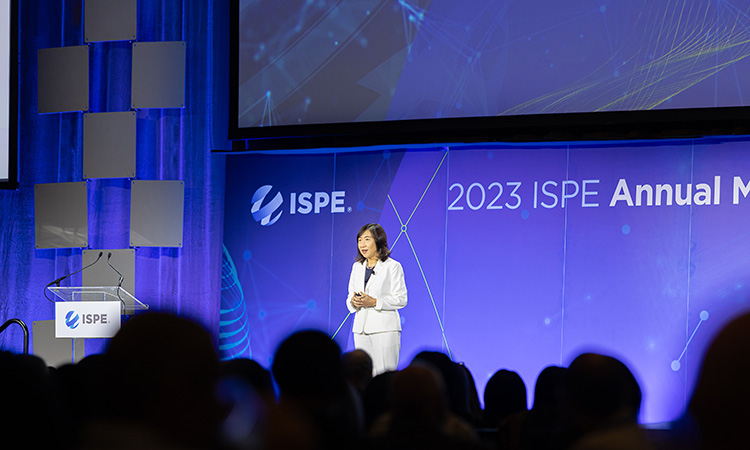
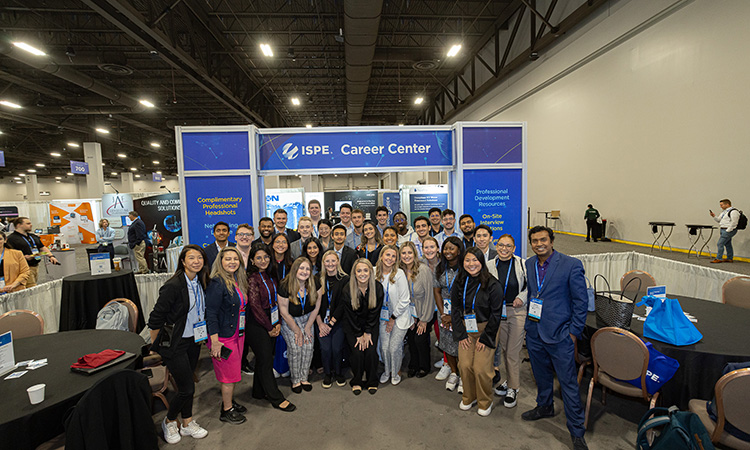
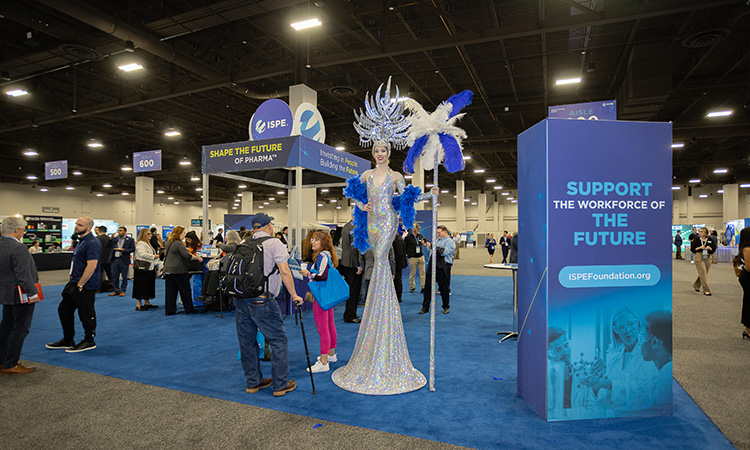
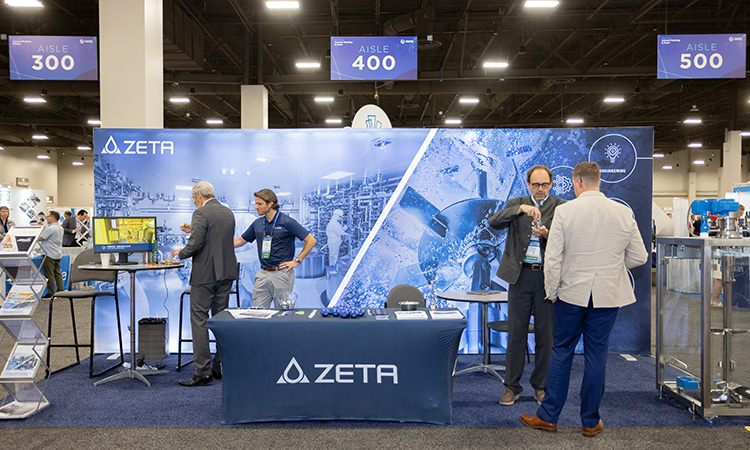
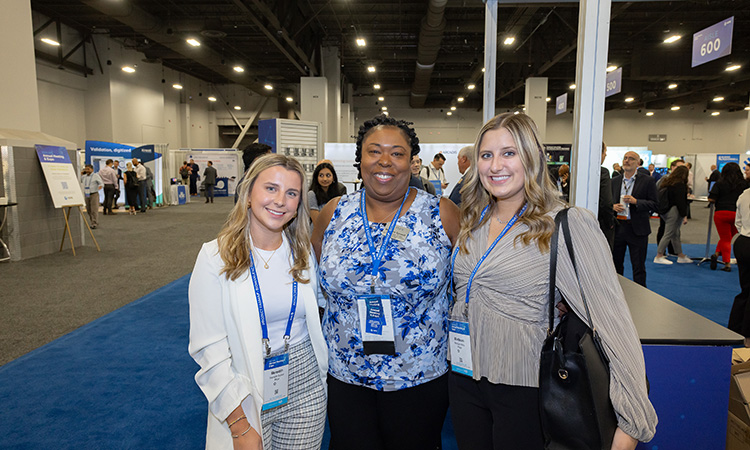
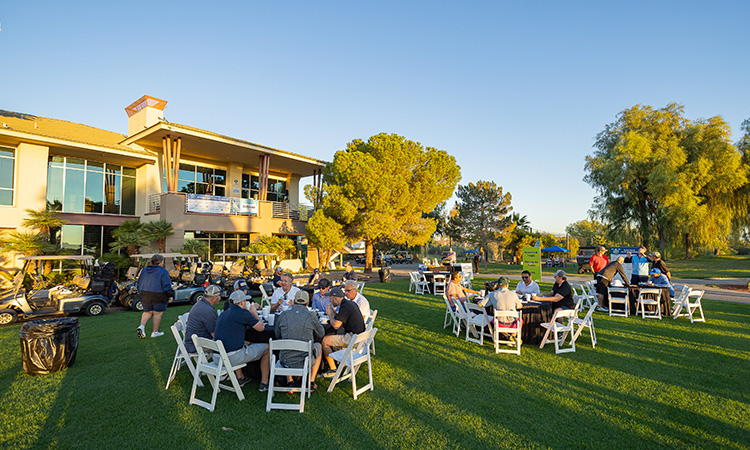
ISPE’s Women in Pharma® Hosts a Self Defense and Kickboxing Class at the 2023 ISPE Annual Meeting & Expo.
Digital Transformation (DT) is impacting every aspect of our personal and professional lives, so it was no surprise that nearly one-third of all presentation proposals for this year’s ISPE Annual Meeting involved DT topics. It is a testament to the breadth of DT that there are three ISPE Communities of Practice (CoPs) operating in this space, each of whom had submitted high-quality...
The needs of patients provide the impetus to challenge the notion of “this is the way we’ve always done it.”
During the 2023 ISPE Membership Meeting and Awards Lunch, Michael Rutherford, the outgoing Chair of the 2022-2023 ISPE International Board of Directors, officially handed over the gavel to Scott Billman. As the new Chair for the 2023-2024 term, Scott Billman, Vice President, Engineering, Pharmaceutical Services, Thermo Fisher Scientific, will lead the board. Rutherford expressed his gratitude...
Over 2,600 attendees from across 30 countries and a remarkable 200 exhibitors convened at the 2023 ISPE Annual Meeting & Expo in Las Vegas, NV, USA.
Close to 500 people celebrated the 2023 Facility of the Year Award (FOYA) Winners at a reception and banquet Sunday night, 15 October, during the 2023 ISPE Annual Meeting & Expo at Mandalay Bay in Las Vegas, Nevada, USA. Genentech was announced as the 2023 FOYA Overall Winner.
A fireside chat featuring Robert M. Califf, MD, FDA’s 25th Commissioner of Food and Drugs, and Thomas B. Hartman, President and CEO of ISPE kicked off the 2023 ISPE Annual Meeting & Expo. The following is a brief summary of the session. Look for complete coverage of the interview in an upcoming issue of Pharmaceutical Engineering® magazine.
As the 2023 ISPE Annual Meeting & Expo in Las Vegas, NV, USA draws near, anticipation builds among the 110 students and Emerging Leaders from around the world who will be in attendance. These exceptional...
The countdown has begun, and the anticipation is evident as we gear up for the highly anticipated 2023 ISPE Annual Meeting & Expo. As we look back at the successful conferences over the past years, this event promises to be nothing short of extraordinary, especially for students and Emerging Leaders.
Addressing the unmet healthcare & medical needs is among the top priorities for global governments and organisations, including the pharmaceutical industry. We are facing unprecedented challenges due to the change with medical knowledge doubling every 72 days
The pharmaceutical industry is constantly evolving, placing a significant emphasis on emerging technologies that facilitate quicker access of medications for patients globally. This unceasing drive for innovation and improvement has led the industry to embrace cutting-edge technologies like data analytics, machine learning, and artificial intelligence. These technologies are not just trends;...
Building off of the success of the 2022 ISPE Annual Meeting & Expo, the 2023 ISPE Annual Meeting & Expo Program Committee has developed a robust Workshop program covering key areas in Digital Transformation (DT) and Pharma 4.0™, Quality Risk Management (QRM), Contamination Control Strategy (CCS) and Annex 1, Facility...
The global pharmaceutical industry has faced unprecedented challenges in recent years, with the COVID-19 pandemic serving as a wake-up call for the vulnerabilities within the pharmaceutical supply chain. As the world strives to emerge from the grip of the pandemic and restore activities reminiscent of pre-pandemic times, uncertainties surrounding supply chain stability persist. The
The 2023 ISPE Annual Meeting & Expo features Manufacturing, Quality Control, and Operational Excellence as one of the key content areas. This comprehensive education program provides attendees with...
ISPE’s Women in Pharma® Hosts a Self Defense and Kickboxing Class at the 2023 ISPE Annual Meeting & Expo.
Digital Transformation (DT) is impacting every aspect of our personal and professional lives, so it was no surprise that nearly one-third of all presentation proposals for this year’s ISPE Annual Meeting involved DT topics. It is a testament to the breadth of DT that there are three ISPE Communities of Practice (CoPs) operating in this space, each of whom had submitted high-quality...
The needs of patients provide the impetus to challenge the notion of “this is the way we’ve always done it.”
During the 2023 ISPE Membership Meeting and Awards Lunch, Michael Rutherford, the outgoing Chair of the 2022-2023 ISPE International Board of Directors, officially handed over the gavel to Scott Billman. As the new Chair for the 2023-2024 term, Scott Billman, Vice President, Engineering, Pharmaceutical Services, Thermo Fisher Scientific, will lead the board. Rutherford expressed his gratitude...
Over 2,600 attendees from across 30 countries and a remarkable 200 exhibitors convened at the 2023 ISPE Annual Meeting & Expo in Las Vegas, NV, USA.
Close to 500 people celebrated the 2023 Facility of the Year Award (FOYA) Winners at a reception and banquet Sunday night, 15 October, during the 2023 ISPE Annual Meeting & Expo at Mandalay Bay in Las Vegas, Nevada, USA. Genentech was announced as the 2023 FOYA Overall Winner.
A fireside chat featuring Robert M. Califf, MD, FDA’s 25th Commissioner of Food and Drugs, and Thomas B. Hartman, President and CEO of ISPE kicked off the 2023 ISPE Annual Meeting & Expo. The following is a brief summary of the session. Look for complete coverage of the interview in an upcoming issue of Pharmaceutical Engineering® magazine.
As the 2023 ISPE Annual Meeting & Expo in Las Vegas, NV, USA draws near, anticipation builds among the 110 students and Emerging Leaders from around the world who will be in attendance. These exceptional...
The countdown has begun, and the anticipation is evident as we gear up for the highly anticipated 2023 ISPE Annual Meeting & Expo. As we look back at the successful conferences over the past years, this event promises to be nothing short of extraordinary, especially for students and Emerging Leaders.
Addressing the unmet healthcare & medical needs is among the top priorities for global governments and organisations, including the pharmaceutical industry. We are facing unprecedented challenges due to the change with medical knowledge doubling every 72 days
The pharmaceutical industry is constantly evolving, placing a significant emphasis on emerging technologies that facilitate quicker access of medications for patients globally. This unceasing drive for innovation and improvement has led the industry to embrace cutting-edge technologies like data analytics, machine learning, and artificial intelligence. These technologies are not just trends;...
Building off of the success of the 2022 ISPE Annual Meeting & Expo, the 2023 ISPE Annual Meeting & Expo Program Committee has developed a robust Workshop program covering key areas in Digital Transformation (DT) and Pharma 4.0™, Quality Risk Management (QRM), Contamination Control Strategy (CCS) and Annex 1, Facility...
The global pharmaceutical industry has faced unprecedented challenges in recent years, with the COVID-19 pandemic serving as a wake-up call for the vulnerabilities within the pharmaceutical supply chain. As the world strives to emerge from the grip of the pandemic and restore activities reminiscent of pre-pandemic times, uncertainties surrounding supply chain stability persist. The
The 2023 ISPE Annual Meeting & Expo features Manufacturing, Quality Control, and Operational Excellence as one of the key content areas. This comprehensive education program provides attendees with...
ISPE’s Women in Pharma® Hosts a Self Defense and Kickboxing Class at the 2023 ISPE Annual Meeting & Expo.
Digital Transformation (DT) is impacting every aspect of our personal and professional lives, so it was no surprise that nearly one-third of all presentation proposals for this year’s ISPE Annual Meeting involved DT topics. It is a testament to the breadth of DT that there are three ISPE Communities of Practice (CoPs) operating in this space, each of whom had submitted high-quality...
The needs of patients provide the impetus to challenge the notion of “this is the way we’ve always done it.”






